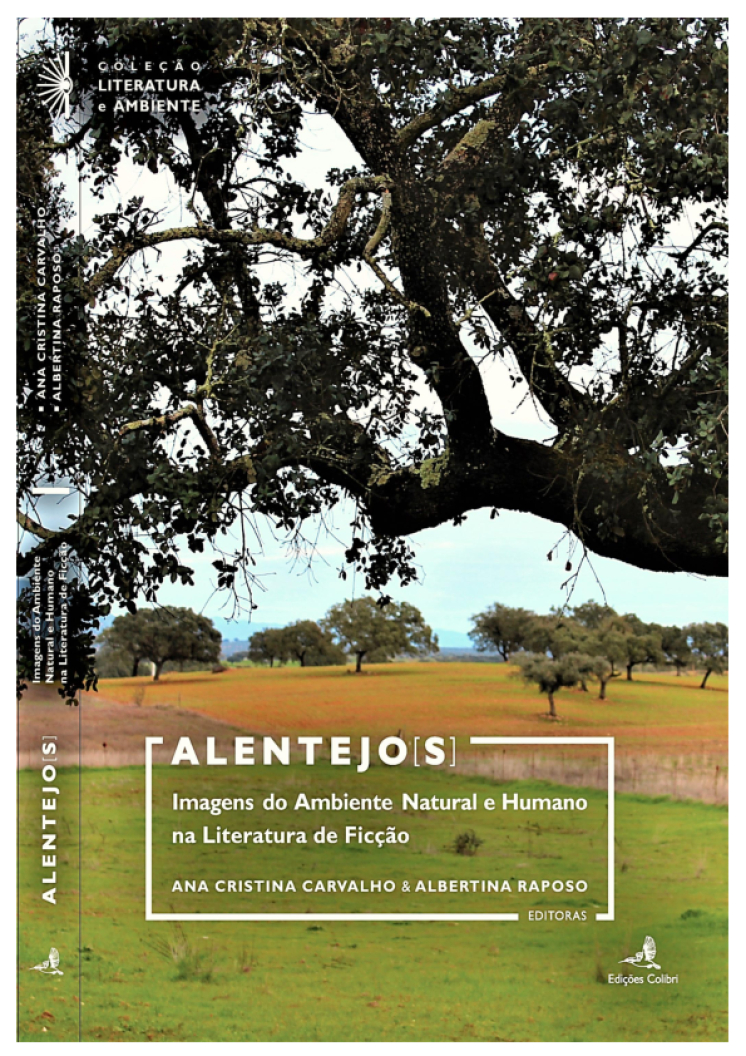News
Environmental History Today Webinars - Portugal
March 22, 2024, Friday, 10:00-12:00 WET - Portugal
Roundtable: New Horizons for Portuguese Environmental History: An overview of REPORT(H)A and the new #envhist generation by 6 PhD candidates.
Presenters:
Sara Pinto (CITCEM/FLUP) – “REPORT(H)A: reporting what is new in Portuguese Environmental History.”
Ana Isabel Lopes (CITCEM-FLUP/ FCT Studentship 2020.04817.BD) – “Coping with Drift Sands in Historical Societies: A Comparative Analysis of Northwest Portugal and European Communities Collective Action (16th-19th centuries).”
Paulo Vasconcelos (CITCEM-FLUP/ FCT Studentship UI/BD/152807/2022) & Manuel Fernandes (CEGOT/FLUP) – “Agents, motivations for dispersal and early impacts of eucalypti and acacias in Portugal.”
Rebeca Baptista – “Marine ivory in medieval Europe in the 10th-13th centuries. Hunting, circulation and utilisation of whale, walrus and narwhal raw materials.”
Brígida Baptista – “The socio-economic and environmental history of tuna fisheries in Algarve (Portugal).”
Jaime Silva – “Into ancient watery worlds: a comparative and interdisciplinary approach to maya and mesopotamian aquatic symbols.”
Commentator: Nina Vieira
Zoom: https://videoconf-colibri.zoom.us/meeting/register/tJIrcOurrDojGdFnpMgjy4YQqWJE2d3OR5uQ
Série editorial "Literatura e ambiente - Imagens do ambiente natural e humano na literatura de ficção"
Oficinas CITCEM: "Da pesquisa documental à sua análise crítica: uma história ambiental a nível regional (sécs. XVIII-XX)"
Entrada livre!
XIV Congresso Iberolatinoamericano de Estudos Rurais
XIV Congresso Iberolatinoamericano de Estudos Rurais
Mundos em crise, ruralidades em transformação
(6-8 nov. ESAC/IPC & FE/UC, Coimbra, Portugal)
Convida-se toda a comunidade académica, técnica e científica para o envio de propostas de resumos de comunicações, posters e sessões paralelas para o XIV Congresso Iberolatinoamericano de Estudos Rurais, dedicado ao tema “Mundos em crise, ruralidades em transformação”, que se realizará em Coimbra, Portugal, de 6 a 8 de novembro de 2024, na Escola Superior Agrária de Coimbra e na Faculdade de Economia da Universidade de Coimbra.
Submeta a sua proposta de resumo até 15 de março de 2024
Mais informações em: https://cier2024.sper.pt/
Organização:
AEEA - Asociación Española de Economía Agroalimentaria, https://economiaagroalimentaria.es/
ALASRU – Asociación Latinoamericana de Sociología Rural, http://www.alasru.unam.mx/
AMER - Asociación Mexicana de Estudios Rurales, https://amerac.org/
FES-Alimentación - Federación Española de Sociología (Sociología de la Alimentación), https://fes-sociologia.com/
FES-Rural - Federación Española de Sociología (Sociología Rural), https://fes-sociologia.com/comite/sociologia-rural
Rural RePort - Rede de História Rural em Português, https://histruralpt.wordpress.com/
SEHA - Sociedad de Estudios de Historia Agraria, http://seha.info/es/PORTADA/
SOBER - Sociedade Brasileira de Economia, Administração e Sociologia Rural, https://sober.org.br/
SOMEXAA - Sociedad Mexicana de Administración Agropecuaria, http://somexaa.com/
SPER - Sociedade Portuguesa de Estudos Rurais, https://sper.pt/
Oceans Past X - abstract submission extended to 2 Feb
Oceans Past Conference X - Call for Submissions
EXTENDED to Friday 2nd February
Historical perspectives on human-ocean interactions: deep understandings for informing ocean futures.
Penryn campus, University of Exeter, Cornwall, UK






